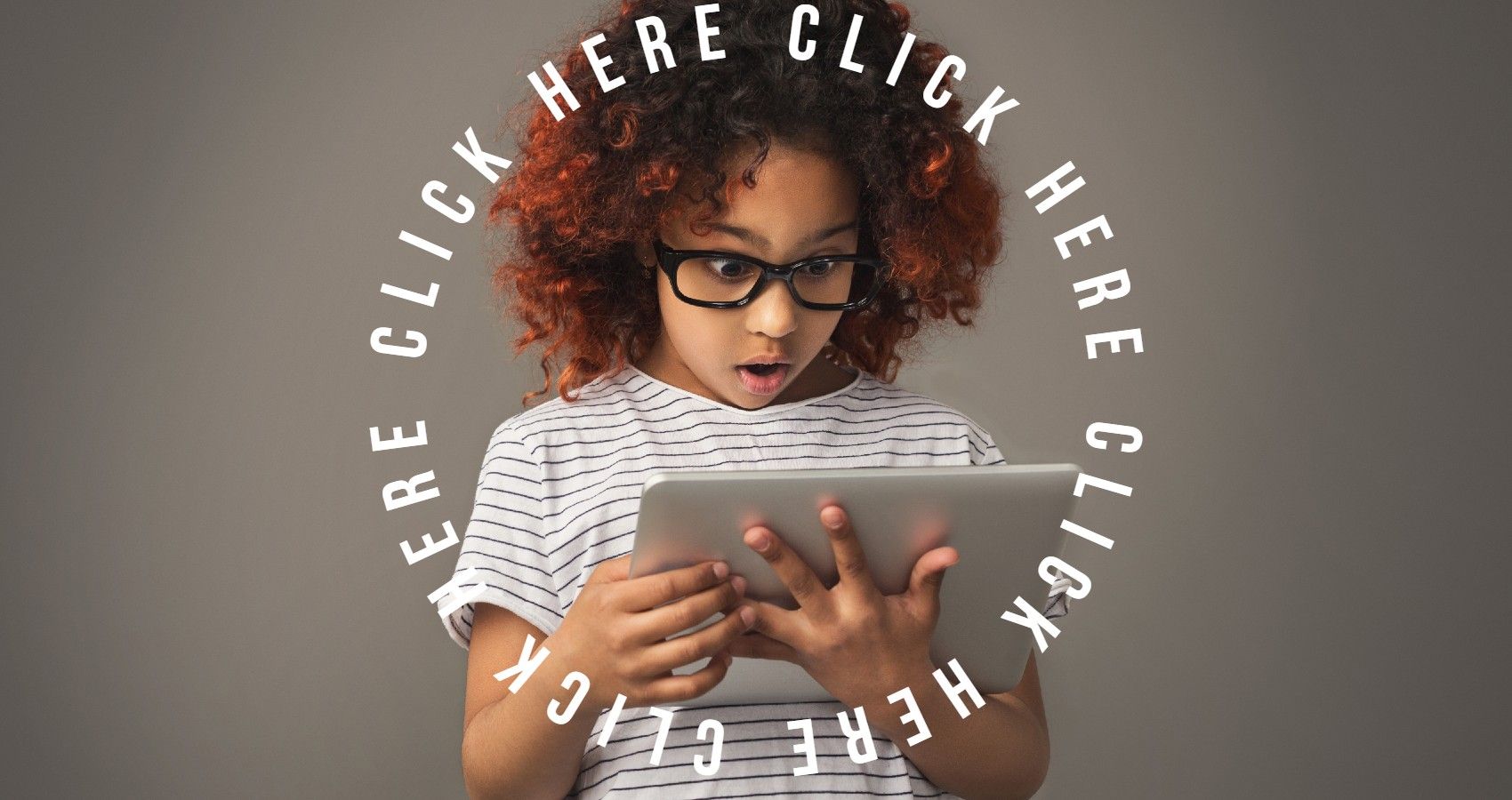YouTube Kids is being put under fire for offering children “consumerist content” on the platform. It is no secret that children spend a lot of time on YouTube, a lot of them may actually prefer the platform to traditional TV. With the pandemic, parents have seen their children take in more and more of the streaming content, and that does not come without concerns. While there are concerns about the amount of screen time that children are engaging in, there is also concern about the content that they are seeing when they watch.
Some parents may be able to “live with” their child watching more screen time than advised right now, they want to make sure that it is appropriate and not influential. According to CTV News and The Sun, lawmakers in the US are going after YouTube Kids because they believe that the service feeds children inappropriate content.
A US House subcommittee is investigating the Google-owned app and states that it is a “wasteland of vapid, consumerist content” and that its main goal is to show children ads. It also urged parents to spend more time worrying about what their children are watching and not how much of it they are watching.
The problem as they see it is that YouTube Kids does not spend any time looking at the content and how appropriate it is. They allow creators on the app to self-regulate the content; they post it and it goes available in minutes.
YouTube only asks creators to consider the subject matter of their videos. The concern has been highlighted about videos placing emphasis on specific toys, video games, and characters. While YouTube Kids does not target ads the same way the main channel does, it does recommend videos based on what a child has watched before.
It was noticed that a lot of the content on the app pertained to specific toys and other products. Creators use these toys or have items “strategically placed” in their videos to try and encourage the viewer to want to purchase these items. They call this “hidden marketing,” and the conversation is about how ethical this is when it comes to content that is specifically marketed for children.
Lawmakers are also saying that the app is not doing anything to prevent this from happening, and the research team did their own work and found that only 4% of videos that were of a “high educational value” didn’t seem to push any products or toys to children.

